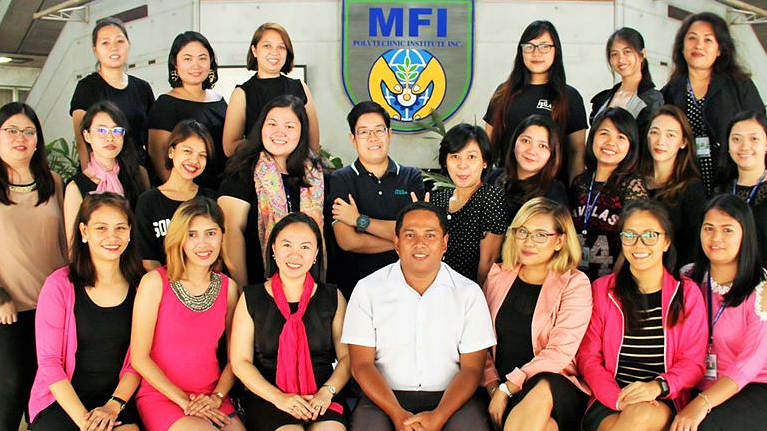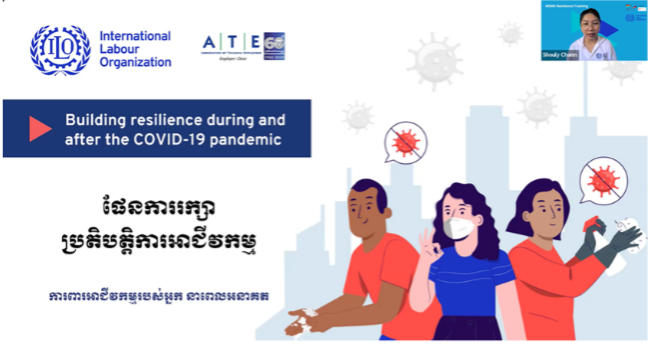
Programme Overviews

Becoming a web developer was a remote possibility for Honey Sta Ana when she dropped out of college.
“I was working a typical 9-5 job, where I got exhausted from doing the exact same tasks and routines every single day. I woke up one day, and decided to look for other opportunities that will offer a different kind of challenge to save me from the eternal cycle of repetitive misery,” says Ms Sta Ana, 25.
After hearing from her friends that a career in information technology requires continuous study, Ms Sta Ana searched for institutions or programmes that would help her find an entry-level career in IT.
The #WOMENCANDOIT Scholarship offered the pathway Ms Sta Ana was looking for.
A joint initiative between the ILO and the Technical Education Skills Development Authority (TESDA) and supported by JP Morgan, the initiative helps women gain technical skills for careers in STEM-related occupations. More than 300 women have graduated from the scholarship programme in web development, animation and game development since its launch in 2018.
Ms Sta Ana seized this chance and enrolled at the MFI Polytechnic Institute.
After the technical training, Ms Sta Ana was one of three women in her class to receive an internship at Indra Philippines, a leading global IT service company. She was later hired as a robotic process automation developer and is currently working at a major telecommunication company developing a robot that is automating manual processes.
The scholarship programme seeks to strengthen linkages between private sector firms, social partner institutions and vocational training centres to ensure greater opportunity through higher entry, retention and advancement of women workers in STEM-related positions.
“Women in STEM-related industries across Southeast Asia face a variety of challenges that reduce entry, retention and advancement. Fewer women tend to enter vocational training programmes related to these sectors. Those that do often face challenges of placement vis-a-vis their male counterparts,” says Linartes Viloria, National Project Coordinator, the ILO Women in STEM Workforce Development Programme.
However things are changing, as Florencio F. Sunico, Jr., Regional Director, TESDA-NCR, explains.
“The ILO-TESDA Scholarship Program eliminates the conventional thought of limiting women’s opportunities in the world of work. TESDA’s partnership with ILO lifts the barrier to possibilities for women, especially in the ICT Sector. More so, TESDA believes that gender does not pre-set skills and aptitude; and with ILO, we trust that if women want it, #WOMENCANDOIT,” he said.
Ms Sta Ana'story highlights the important role the STEM sector can play in offering opportunities for personal development, gender equality and decent work.
“I had no background in IT before joining the training. All I had was my excitement to learn new skills. In IT, if you have a hunger for learning and a passion for problem-solving, regardless of your gender, you are more than qualified to pursue a career. We should stop the preconceived notion that IT or any technology related career is for guys only. Everything you need to learn in IT is literally at the tip of your fingers. Every woman should take advantage of this opportunity,” says Ms Sta Ana.
“Now I never get bored with my 9-5 job,” she says.
The ILO Women in STEM project is supported by the J.P. Morgan and is being piloted in Indonesia, Thailand and the Philippines.


